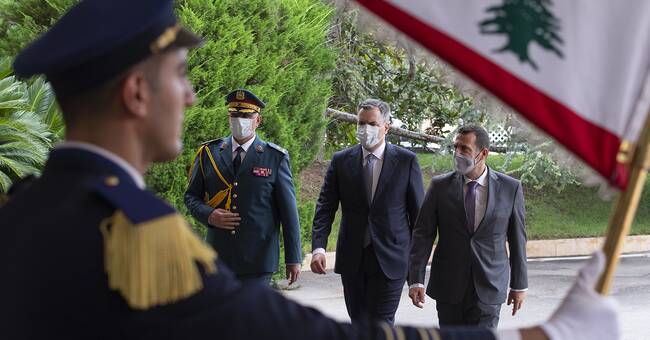Mustafa Adib was appointed very recently, why does he give up so quickly?
Mustafa Adib got the job as prime minister after the powerful explosion in Beirut which led to major popular protests and forced the resignation of the previous government.
After the explosion, which killed 192 people and left a quarter of a million Beirut residents homeless, French President Emmanuel Macron traveled quickly to Lebanon.
Macron promised international support - but only if politicians promised to tackle the widespread corruption in the country.
In Macron's words, the help would go to the people, not into the pockets of politicians.
Why did the negotiations stall?
Several countries have promised to provide financial support, but only if Lebanese politicians agree to quickly form an expert government and implement comprehensive reforms.
But Shia Muslim Hezbollah and Amal opposition grew too great.
They refused to approve a new government unless they were allowed to appoint the country's next finance minister.
And since they have a large number of seats in parliament, the probability is small that a new government can be formed without their support.
The stalemate became a fact and today Adib resigned.
What does this mean for the population?
Lebanon is in its worst economic crisis in the country's modern history.
In the past year, the currency has lost 80 percent of its value, which has led to high unemployment.
The middle class has suddenly become poor.
The crisis is considered to be rooted in a corrupt political system where the same politicians have been sitting on their posts for decades and enriching themselves
The country is in urgent need of outside help, but without reforms it looks dark.
This means an in-depth political and economic crisis for a country that is already in an extremely pressured situation.

